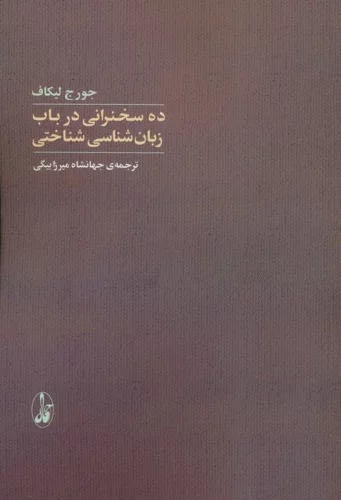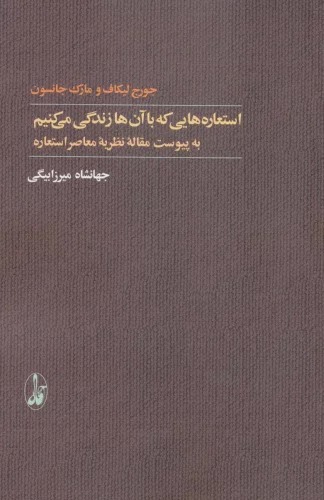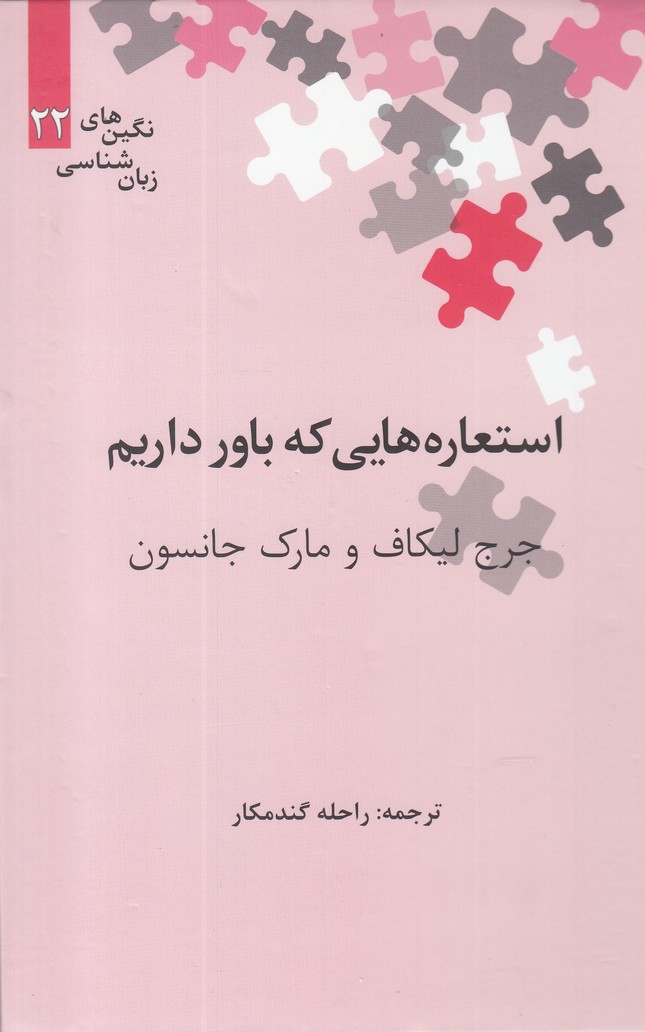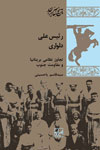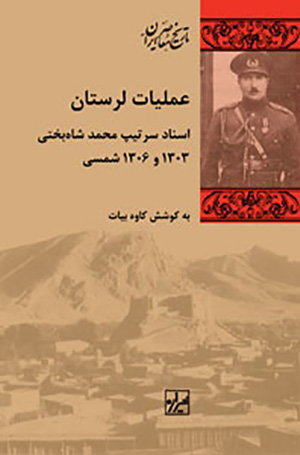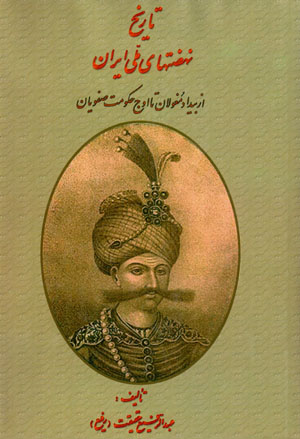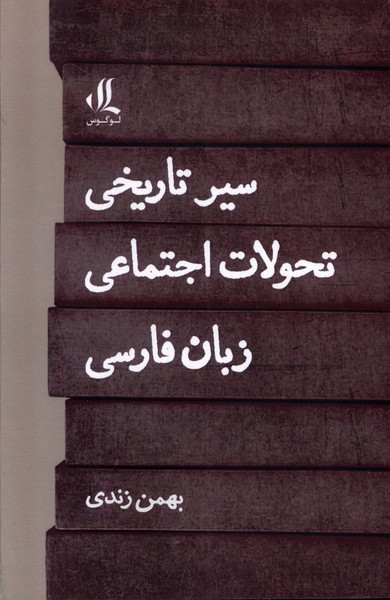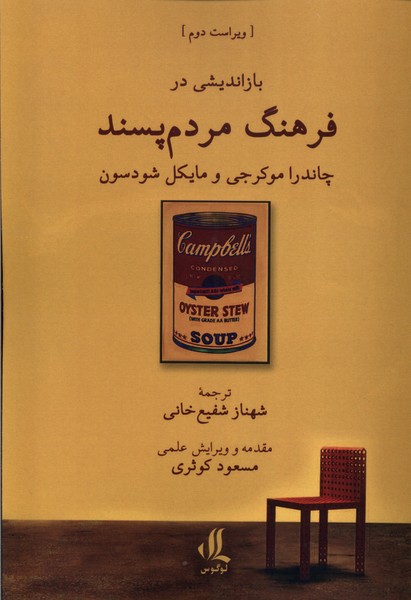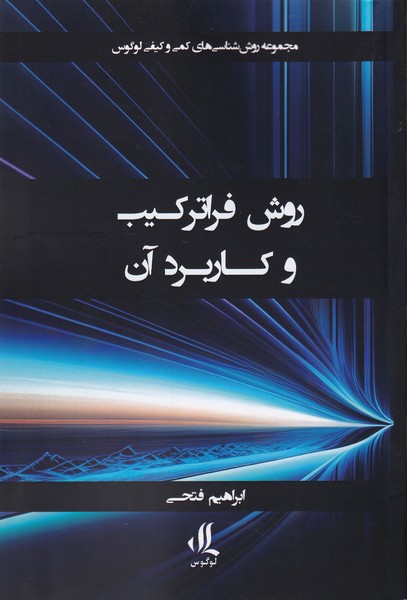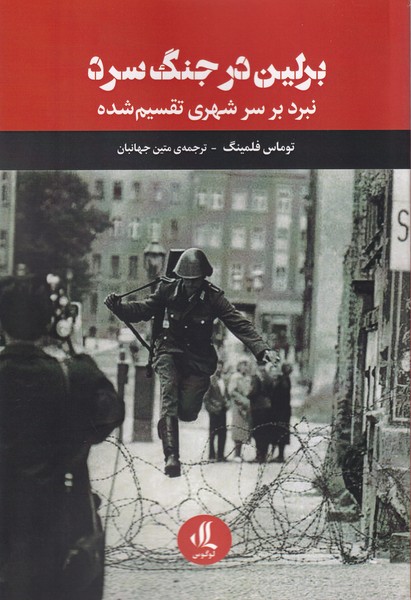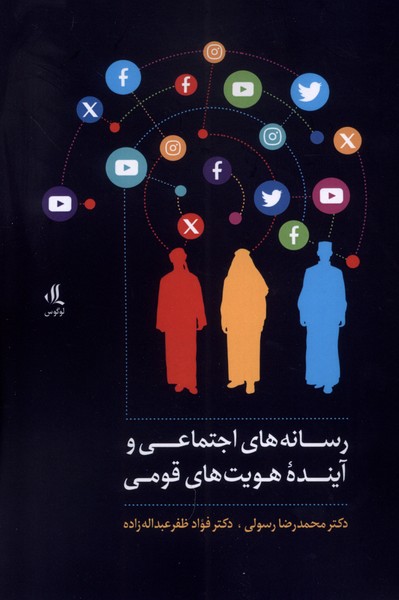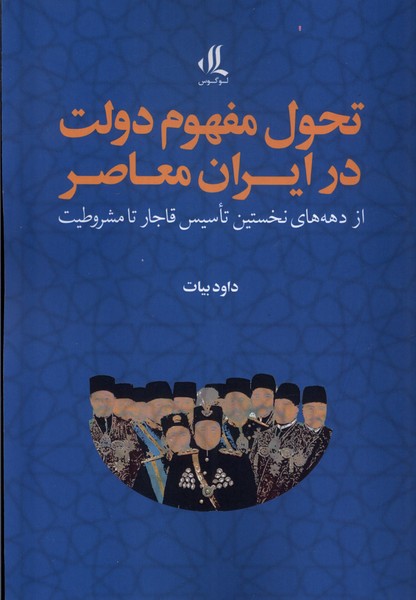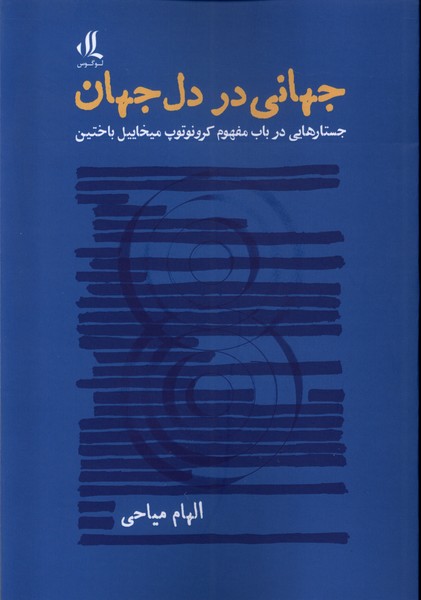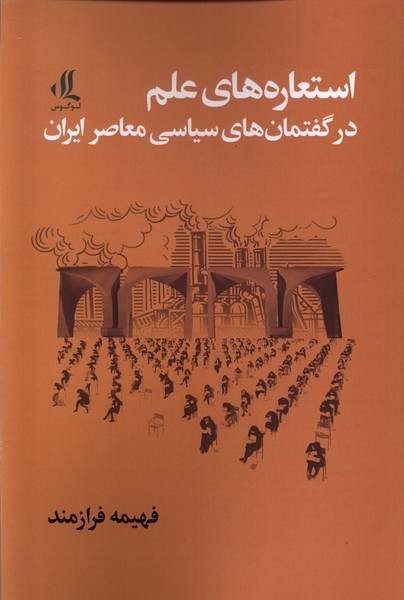Maghz Sīyāsī: Persian 1402
مغز سیاسی
191 SEK
Share
Wishlist
Original Title:
Your Brain's Politics
ISBN:
9786227825978
Translator:
Muḥsin Tavakulīyān
Publisher:
Lugus
Age Group:
Adult
Pages:
142
Weight:
164 g
Dimensions:
14 x 21 x 1.3 cm
Book Cover:
Paperback
At first glance, issues like economic inequality, healthcare, climate change, and abortion seem unrelated. However, when thinking and talking about them, people reliably fall into two camps: conservative and liberal. What explains this divide? Why do conservatives and liberals hold the positions they do? And what is the conceptual nature of those who decide elections, commonly called the "political middle"?
The answers are profound. They have to do with how our minds and brains work. Political attitudes are the product of what cognitive scientists call Embodied Cognition — the grounding of abstract thought in everyday world experience. Clashing beliefs about how to run nations largely arise from conflicting beliefs about family life: Conservatives endorse a strict father and liberals a nurturant parent model. So-called "middle" voters are not in the middle at all. They are morally biconceptual, divided between both models, and as a result highly susceptible to moral political persuasion.
In this brief introduction, Lakoff and Wehling reveal how cognitive science research has advanced our understanding of political thought and language, forcing us to revise common folk theories about the rational voter.
more
جرج لِیکاف (George Lakoff) (زاده ۲۴ مه ۱۹۴۱ میلادی) زبانشناس شناختی آمریکایی و استاد زبانشناسی دانشگاه کالیفرنیا، برکلی از سال ۱۹۷۲ است.
هر چند برخی پژوهشهای وی شامل همان پرسشهایی است که زبانشناسان بهطور سنتی در پی یافتن پاسخ برای آنها بودهاند مثل اینکه تحت چه شرایط معینی سازههای زبانی امکان دستوری شدن دارند، اما وی بیشر شهرتش به دلیل نظریه استعاره ادراکی (استعاره مفهومی) است. نظریهای که در آن استعاره به عنوان محور تفکر انسانی، رفتار سیاسی و جامعه باز شناخته میشود. نظریه ذهن متجسم وی که دربارهٔ آن در رابطه با ریاضیات کتابهایی نوشتهاست، نیز مشهور است. در سالیان اخیر وی نظریاتش را در حوزه سیاست به کار میبرد و در کتابهایش تلاش میورزد تا با استفاده از نظریههایش برخی سیاستهای آمریکا را نقد کند. وی یکی از اعضای کمیته علمی بنیاد ایدهها (Fundacion IDEAS)، اندیشگاه حزب سوسیالیست اسپانیا است. وی بنیانگذار مؤسسه راکریج بود که دیگر سازمانی فعال نیست و اندیشگاهی برای ترویج دموکراسی بود.
more



